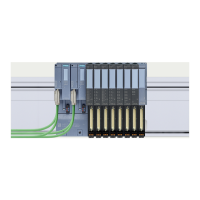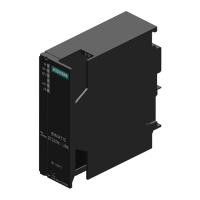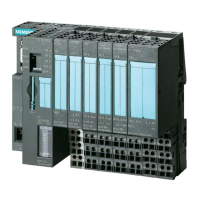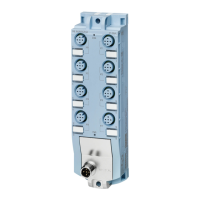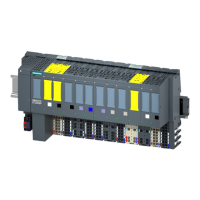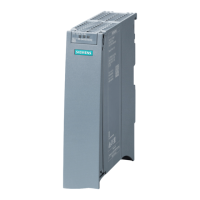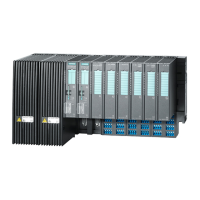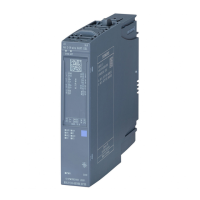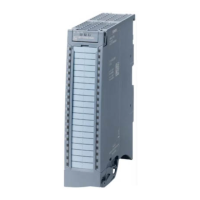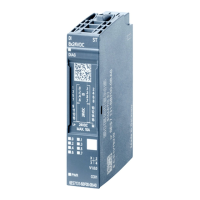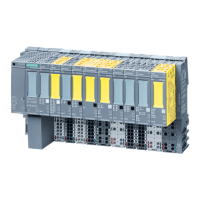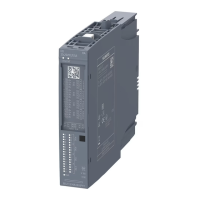Setting functions
8.1 Overview of the inverter functions
SIMATIC ET 200pro FC-2 converter
100 Operating Instructions, 04/2015, FW V4.7.3, A5E34257324B AB
Functions relevant to all applications
Functions required in special applications only
The functions that you require in each application are shown
in a dark color in the function overview above.
In the quick commissioning, the parameters of these func-
tions are assigned an appropriate basic setting, so that in
many cases the motor can be operated without having to
assign any other parameters.
The functions whose parameters you only need to adapt
when actually required are shown in white in the function
overview above.
is responsible for all of the
other converter functions. Among other things, it
defines how the converter responds to com-
mands from the higher-level control system.
Inverter control (Page 101)
The functions for
protection and monitoring
prevent damage to the motor, converter and
driven load, e.g. using temperature monitoring
or torque monitoring.
Protection and monitoring functions (Page 132)
The
from the higher-level control are
sent to the converter via the fieldbus. The con-
verter returns its
to the
fieldbus.
Configure the fieldbus (Page 85)
The
fulfill increased require-
ments regarding the functional safety of the
drive.
The F0 rail in the backplane bus of the ET
200pro system is used to control the safety
functions.
Safe Torque Off (STO) safety function
(Page 153)
You must define a
, which defines the
motor speed, for example.
Setpoints (Page 102)
functions permit, for exam-
ple, a higher-level closed-loop pressure or tem-
perature control using the technology controller.
Application-specific functions (Page 140)
The
uses a ramp-function
generator to prevent speed steps occurring and
to limit the speed to a permissible maximum
value.
Setpoint calculation (Page 107)
The
motor closed-loop control
ensures that the
motor follows the speed setpoint. You can select
either vector control or U/f control.
Motor control (Page 115)
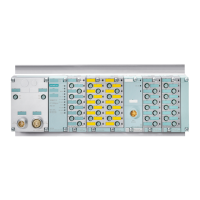
